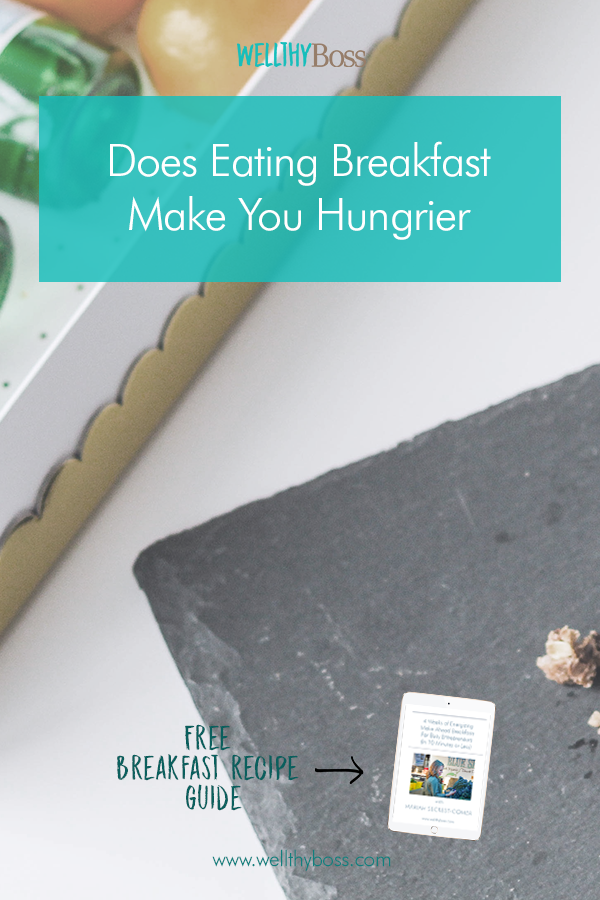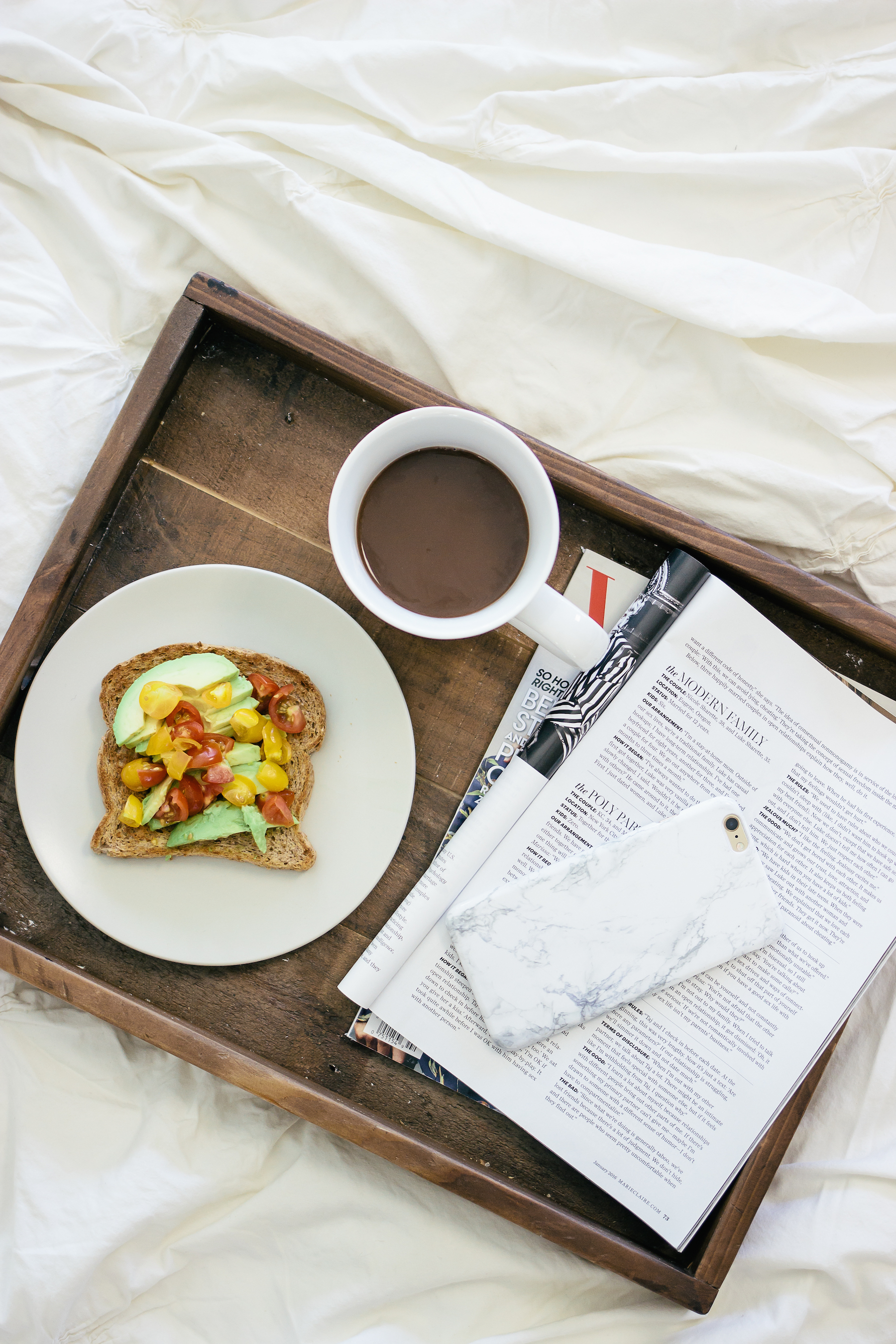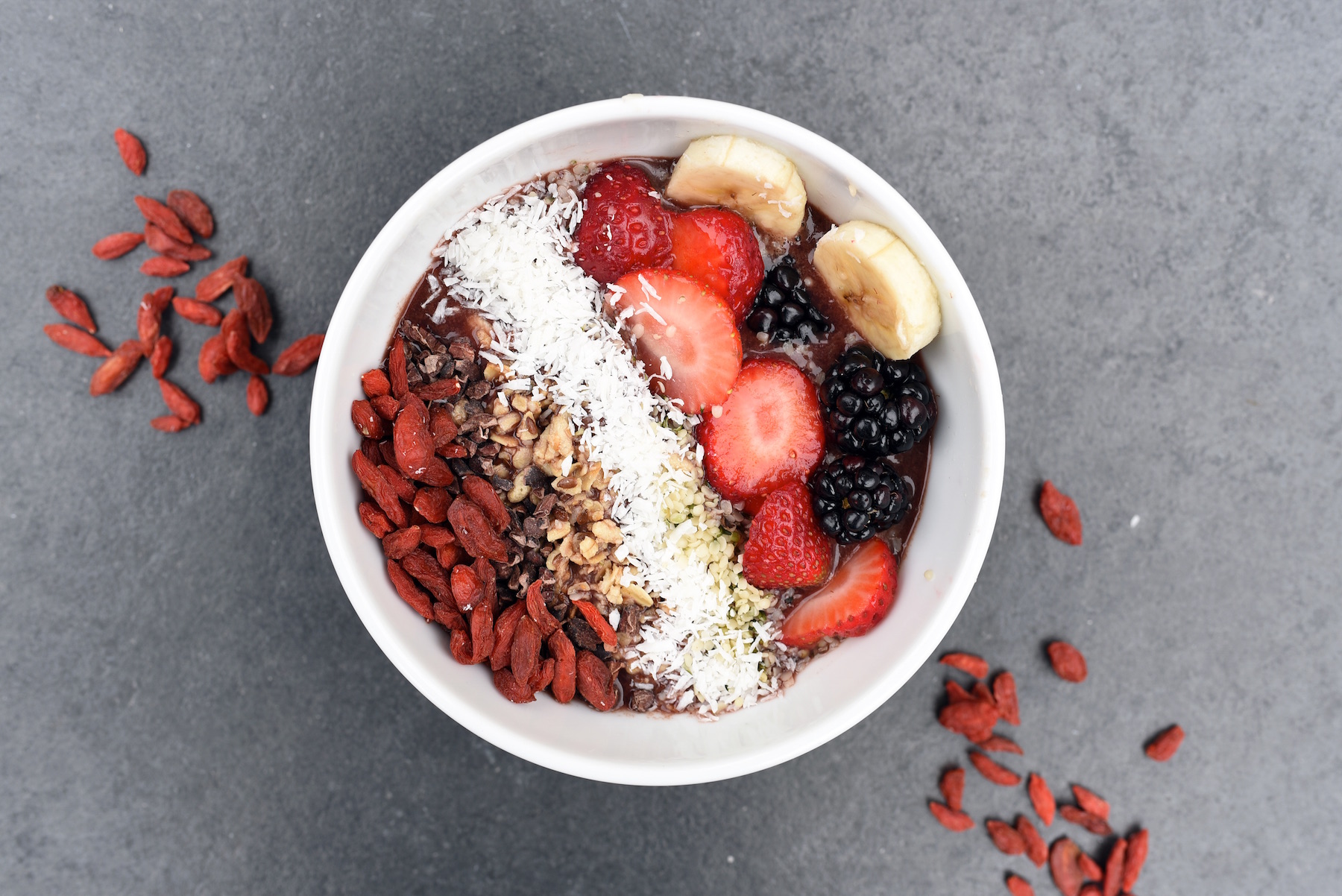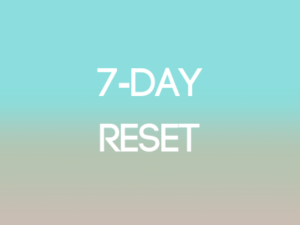
We’ve been hearing for years now that breakfast is the most important meal of the day, and warning breakfast-skippers that they do so at their own metabolism’s demise.
So why, then, do some of us still find ourselves increasingly hungry on the mornings we do manage to put something down?
Does eating breakfast make you hungrier, and why? Is it because you’re firing up your metabolism?
Maybe, but based on new research trends and my own experience, that conventional idea may be turning upside down. Plenty of people who eat a healthy breakfast still battle a frustrating cycle of hunger and stubborn resistance to weight-loss.

Gary Taubes, in his book Why We Get Fat, presents his case that we are living, the world over, in a state of constant carbohydrate-dependence. Even among poor cultures with few food stores available, we can find overweight and bloated bellies among those that eat a mostly grain-based diet such as rice.
He argues that it’s the insulin’s constant response to carbohydrate supplies that prevents us from ever dipping into our fat stores as fuel.
Intermittent fasting trends, including Dave Zinczenko’s 8-Hour Diet and Melissa McAllister’s 8-Hour Abs Diet to have also caused us to consider the way in which the body responds to the timing of food supplies—suggesting that putting bookends of time around our daily eating window causes the body to reach for a different fuel supply—mainly fat—rather than those staggered 5 meals a day we used to talk about.
And finally, newer research suggests that exercising on an empty stomach may be advantageous in its fat-burning capacity compared to someone with food in their system.
So what does this have to do with breakfast? According to the accumulation of my research, it’s very plausible that people have different set-points in terms of their sensitivity to carbs. And everyone follows a natural bell curve for energy-release and loss during the carbohydrate consumption and metabolism. (The bell curve for “simple” carbs like white breads and sugars is much steeper than that of, say, whole grains, but it still exists in the good-carb category as well.)

If you find yourself hungry all morning, even though you’ve been eating a good breakfast, or frustrated with the scale that it won’t budge, try combining these concepts of low-carb intake and intermittent fasting by restricting carbs to an 8-hour window. This is done most easily by leaving the carbs—even the good ones—out of your breakfast and delaying them until lunch and dinner.
So what does that leave you with in the a.m.? Proteins and fats, mostly. (I don’t count the carbs in vegetables…and occasionally add some fruit, but you may want to experiment with and without.) For me, I’ll alternate between chia pudding, savory egg muffins, and a tofu scramble with greens or veggies and maybe a bit of cheese, pistachios, or avocado for fat.
You could also try cottage cheese with nuts and, if the fruit-based carbs sit okay with you, a chopped apple or pear and some cinnamon. Or eggs and turkey-sausage if you’re a meat-eater. Just skip the toast.

Does it require a little more prep work? Sure, you may want to make up a batch of something for the week. (Which you can kick off with my free breakfast recipe guide below.)
But it pays off in not having to scrounge around for a snack two hours later.
Try it for a few days and see if you notice a difference in your hunger levels and/or waistline. Then let me know how it goes for you!




